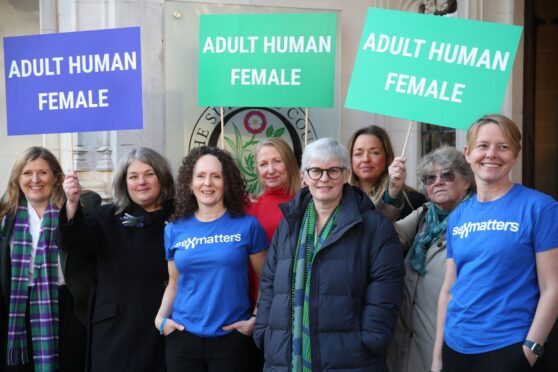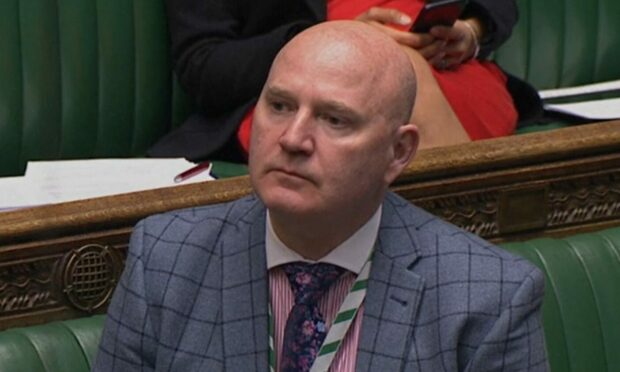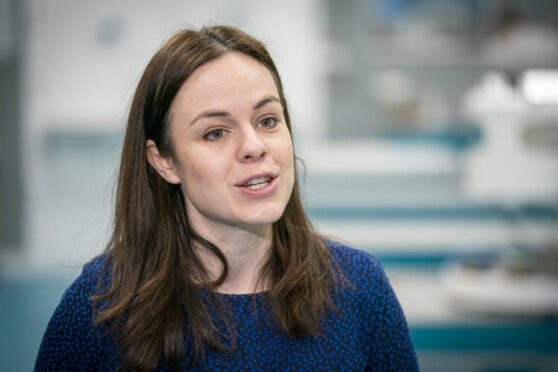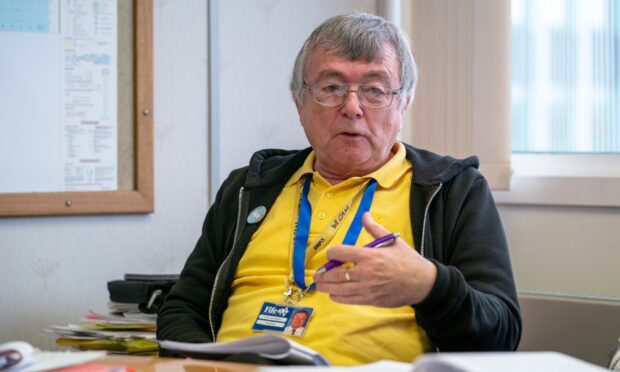Child rape victims in Fife are forced to travel to Edinburgh for urgent medical examinations because of a lack of available doctors, a damning report has revealed.
Her Majesty’s Inspectorate of Constabulary in Scotland said it was “entirely inappropriate” that people should face long journeys and time delays, during which they can be asked not to wash.
The 31-page review of forensic medical services for survivors of sexual abuse also condemns shortages of basic equipment to carry out intimate assessments in Dundee.
In Fife, paediatricians are only available to carry out the medicals three days of the week and during regular hours.
The report said: “Police Scotland reports a particular problem in Fife where paediatric cover is only available Monday, Wednesday and Friday.
“Whilst the South East MCN (managed clinical network) can provide cover for Fife, this means children from the area have to travel to access service in Edinburgh on Tuesdays, Thursdays, at weekends and out of hours.”
It added: “It is entirely inappropriate to have children travelling significant distances, incurring considerable time delays and, in some cases, being asked not to wash.”
>>24 Days of Christmas – Click here for special festive deals from some of our favourite local businesses
Calling on ministers to act quickly to improve the situation, Willie Rennie, the Fife MSP and Scottish Liberal Democrat leader, said: “It is absolutely unacceptable that children in Fife, who are the victims of such horrendous crimes, are forced to travel to Edinburgh.”
The inspectorate, which investigates the performance of police and related services, revealed that physicians in parts of the country do not have access to a colposcope, a magnifying glass that can detect sex attack injuries not visible to the naked eye.
“Despite the importance of such a piece of equipment and its modest cost, there are still no colposcopes available for use at Dundee or Dumfries, which is unacceptable,” the HMICS said.
The review also found that examinations are taking place in police stations rather than healthcare settings in places including Dundee and Glenrothes.
Sandy Brindley, of Rape Crisis Scotland, said: “The very least survivors of rape should be able to expect is a standard of forensic care which will allow their examination to take place in an appropriate location and by a female doctor – regardless of geographical location.”
Gill Imery, HM Chief Inspector of the Constabulary, said staff should be commended for the efforts but services need to improve.
“All 10 recommendations from our original report remain a work in progress and those involved in the front line of this important service tell us that little has changed on the ground,” she said.
”This is against a back drop of increasing numbers of sexual crimes being reported to the police.”
Police Scotland said it was “driving forward the significant changes HMICS has highlighted”.
Dr Catherine Calderwood, the chief medical officer for Scotland who leads a task force to deliver improvements, said they know there is more to do.
“We are on track with our published five year plan to deliver compassionate health care and forensic medical examination services for victims of rape and sexual assault, as close to the point of need as possible,” she said.
The Scottish Government announced at the weekend it was spending £8.5 million to help health boards improve their medical services for sex attack survivors.









